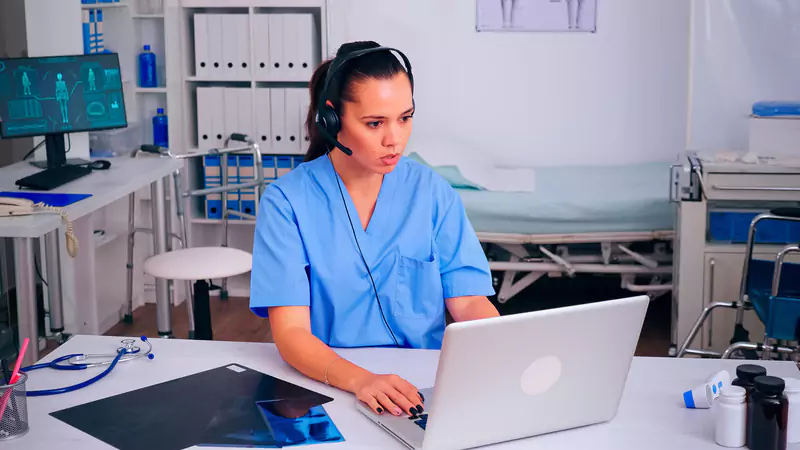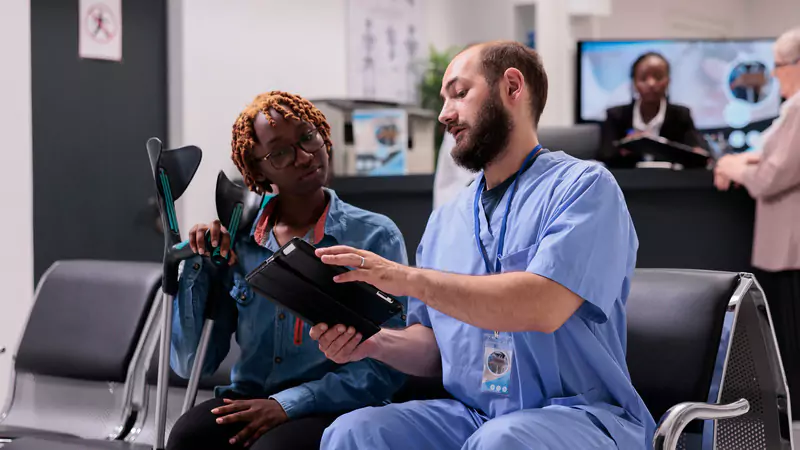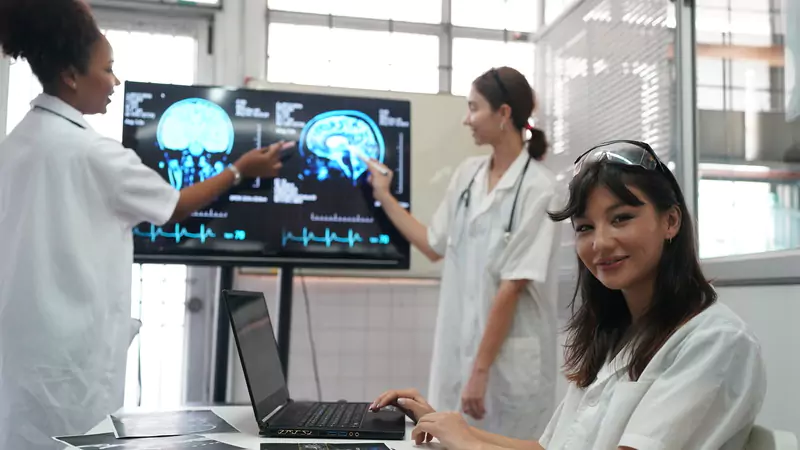How Nursing Informatics Improves Healthcare Outcomes and Streamlines Clinical Data
Key Points Section
- Nursing informatics combines nursing knowledge with data analytics, technology integration, and workflow optimization.
- Informatics nurse professionals boost healthcare efficiency through EHR implementation, telehealth adoption, and data security.
- Careers in nursing informatics range from entry level informatics nurse remote jobs to leadership roles, with salary varying by experience and certifications.
- Emphasizing data-driven decision making, clinical documentation improvements, and interoperability leads to better patient outcomes and impactful service delivery.
- Continuous professional development, informatics training, and strong communication help organizations embrace new technologies and transform patient care.
Introduction to Nursing Informatics

Ever wonder how nurses and data geeks joined forces to shape modern healthcare with a significant impact? That’s where nursing informatics comes in.
By mixing nursing expertise with technology, data analytics, and savvy systems integration, an informatics nurse helps turn mountains of patient data into clear, lifesaving insights.
From updating electronic medical records (EMRs) to using big data for quality improvements, nurse informatics teams build better care environments.
They answer the question, “What is nursing informatics?” by saving time, protecting patient privacy, and making healthcare more efficient.
Core Competencies and Roles in Nursing Informatics

So, how do informatics and nursing mesh so well? It starts with workflow optimization, data management, and real-world tech know-how to enhance the capability of healthcare systems.
Nursing informatics jobs span from entry level informatics nurse remote jobs to advanced leadership roles, where informatics registered nurse jobs often include coding tasks, clinical analytics, and information exchange.
Collaboration is key to delivering impactful healthcare services. Informatics nurse specialists work closely with doctors, IT pros, and hospital administrators to solve problems, boost nurse engagement, and improve patient outcomes.
By merging nursing science with digital health strategies, these health informatics pros shape a more seamless and data-driven healthcare ecosystem with a focus on enterprise architecture.
Technology Integration and Workflow Improvements

Imagine hospitals running like well-oiled machines—thanks to technology integration and automation. Nursing informatics teams help push EHR implementation along, so clinical documentation is simpler and more accurate.
Mobile apps, telehealth adoption, and remote patient monitoring further expand access and cut down on errors.
Informatics in nursing examples can be seen in automated clinical decision support or EMR implementation roadmaps that trim workload and reduce charting headaches.
By focusing on workflow optimization and usability testing, nurse informatics pros pave the way for fewer hiccups, faster communication, and bigger smiles all around.
Data Management and Boosting Patient Outcomes

Ever heard the phrase “information is power?” In nursing informatics, managing healthcare data responsibly helps identify improvements and prevent mistakes.
Data analytics shines a spotlight on patient trends, while compliance regulations and strong security measures keep personal info under lock and key in the cloud.
By setting up solid data governance tactics, an informatics nurse can bolster population health management, elevate patient outcomes, and enhance the capability of healthcare services.
These evidence-based informatics solutions also support clinical informatics integration, so that hospitals utilize informatic nurses to handle encryption, maintain confidentiality, and stay up to date with compliance standards like HIPAA.
Career Paths and Advancement Opportunities

Excited about the benefits of nursing informatics and ready to get started? You’re not alone. Nursing informatics jobs for tech professionals are on the rise, particularly in cloud computing and big data analytics.
Some people jump in right away through nursing informatics programs, while others earn a master’s degree in nursing informatics to reach higher-level positions.
Nursing informatics salary figures vary based on experience, informatics certification, and region. With a masters in nursing informatics, many land leadership roles guiding telehealth nursing informatics projects or rolling out new hospital software.
As more facilities go digital, the importance of nursing informatics in healthcare is set to soar, making it an awesome long-term career choice.
Implementation Challenges and Best Practices

Of course, change can be bumpy. Implementation of new systems can face pushback, budget woes, or technology glitches. That’s why solid informatics project management, training programs, and open communication are must-haves for impactful healthcare services.
Ongoing professional development also keeps staff sharp and ready for any new gadgets or updates.
Best practices include building a clear EMR implementation roadmap, engaging stakeholders early, and maintaining strong system interoperability through cloud solutions.
Nurse-led technology initiatives let informatics nurses shape solutions that truly fit daily clinical workflows. By focusing on quality improvement and data visualization, everyone benefits—especially the patients.
Conclusion

When nursing informatics meets modern healthcare architecture, magic happens. From nursing informatics competencies like data analytics and security measures to informatics leadership roles that speed digital health transformation, these pros keep patients safe, informed, and well cared for.
Future informatics trends will bring fresh challenges and cool opportunities. Whether you’re curious about entry level informatics nurse remote jobs or aiming for a leadership spot, nursing informatics offers a bright path.
Grow your skills, embrace evidence-based practice, and be part of a revolution that’s already transforming patient care for the better through education and research.

